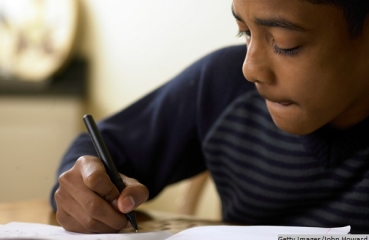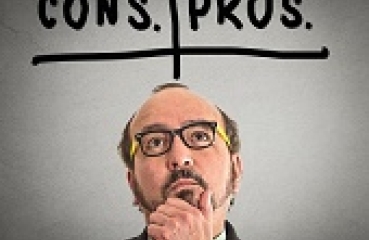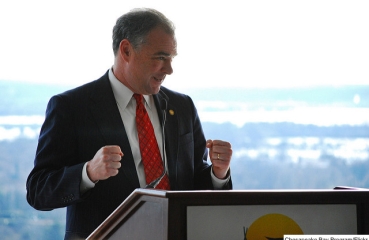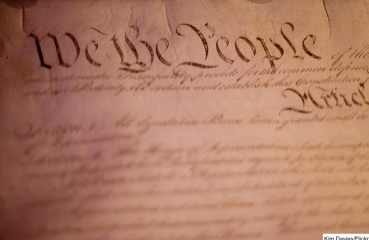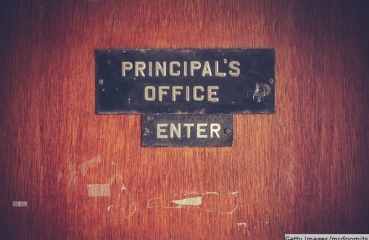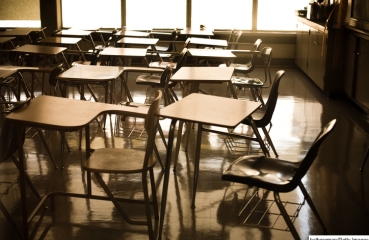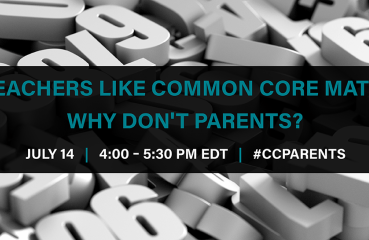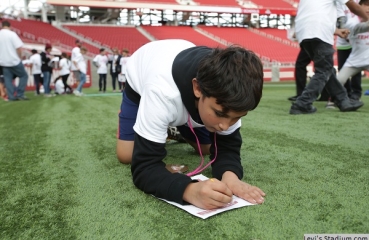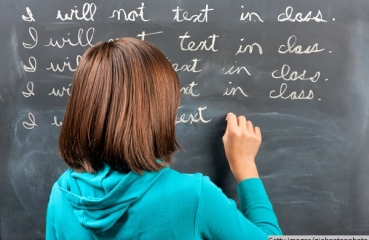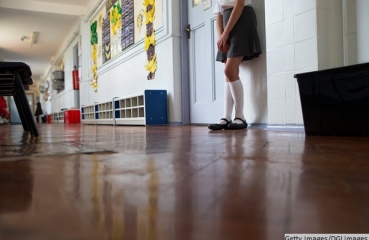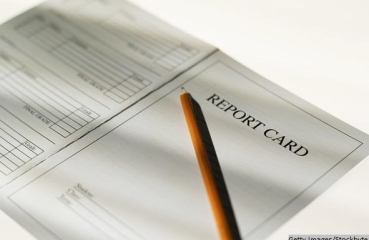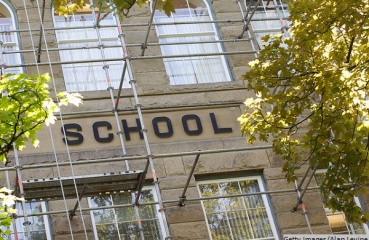Getting better all the time
Kevin MahnkenGood news from out west: According to a new study conducted jointly by Stanford, the University of Washington, and the RAND Corporation, our newer cohorts of teachers are entering the profession with appreciably better academic pedigrees than their predecessors of fifteen and twe
The DNC edition
On this week’s podcast, Mike Petrilli, Robert Pondiscio, and Alyssa Schwenk discuss education policy at the Democratic National Convention, along with ways to close the enrichment gap. During the research minute, Amber Northern examines whether weighting Advanced Placement courses higher in student GPAs increases enrollment.
Hope is more than just wishful thinking
We hear parents, teachers, and students use the word hope every day. But what exactly does it mean? When we read or hear the word, we might think of a positive outlook or desire, yet its true definition is nebulous. It implies that something will automatically or magically occur without effort.
Testing flexibility under ESSA: A primer on the pros and cons
Jessica PoinerThe new education law of the land—the Every Student Succeeds Act (ESSA)—has been the talk of the town since President Obama signed it into law in December 2015.
Tim Kaine quotes about education
Brandon L. WrightTim Kaine, the junior United States senator from Virginia, is the Democratic Party’s vice presidential candidate, running alongside Hillary Clinton.
How far do D.C. students have to travel to get to a high-quality K–12 school?
Daniel CohenBy Daniel Cohen
What we can learn from charter school lotteries
Amber M. Northern, Ph.D.By Amber M. Northern, Ph.D.
Gotta catch 'em all
Kevin MahnkenYou, like me, may find something tiresome about the sudden recrudescence of the Japanese pocket monster after its deserved interval in pixelated purgatory.
The RNC edition
On this week’s podcast, Alyssa Schwenk, Brandon Wright, and David Griffith discuss GOP education politics and report that Nebraska might replace its state tests with the ACT or SAT. Amber Northern explains which school leader characteristics positively affect achievement.
Gifted education standards to guide teaching and deepen student learning
Ensuring that highly able learners are recognized through systematic programming is of the highest importance.
The full Flypaper forum on charter school discipline
Michael J. PetrilliAt the National Charter Schools Conference last month, Secretary of Education John King challenged U.S.
This one weird trick could improve your kid's math skills
David GriffithOne of my greatest failures in my first year as a teacher was my inadequate communication with parents. Upon reflection, I can see that that this failure arose from many sources. Most obviously, I lacked experience and the kind of relationships that come from spending years working in the same community.
The sky won't fall if charter schools are discouraged from disciplining students
Editor's note: This is the seventh entry in our forum on charter school discipline practices.
Sinister Common Core conspiracy unmasked as pathetically earnest effort to help kids
Kevin MahnkenThe mental image most people have of career and technical education is taken directly from a mid-century General Motors training video: Enthusiastic young men in denim replacing serpentine belts and laboring over alternators. Failing that, the scenario might take place in a wood shop or a welding station.
How Ohio is meeting key milestones on the road to charter reform
Jamie Davies O'LearyBy Jamie Davies O’Leary
Does Common Core Math expect memorization? A candid conversation with Jason Zimba
Amber M. Northern, Ph.D.By Amber M. Northern, Ph.D.
An unconventional approach: The San Francisco 49ers use football to inspire STEM learning
The San Francisco 49ers are taking science, technology, engineering, and mathematics (STEM) education to new heights for children throughout Silicon Valley.
Charter authorizers have an interest in monitoring school discipline
Editor's note: This is the sixth entry in our forum on charter school discipline practices.
For starters, get the basics on charter discipline right
Editor's note: This is the fifth entry in our forum on charter school discipline practices.
Dropout-recovery report cards: Are standards set appropriately?
Sarah Souders, Aaron ChurchillIn a previous blog post, we urged Ohio’s newly formed Dropout Prevention and Recovery Study Committee to carefully review the state’s alternative accountability system for dropout-recovery charter schools.
How chartering makes possible an entirely new approach to accountability
The purpose of my last post was to suggest that those frustrated with school “accountability” should consider the structural elements that gave rise to our present accountability systems.
On charter discipline, deny the premise and pivot to school climate
Editor's note: This is the fourth entry in our forum on charter school discipline practices.



